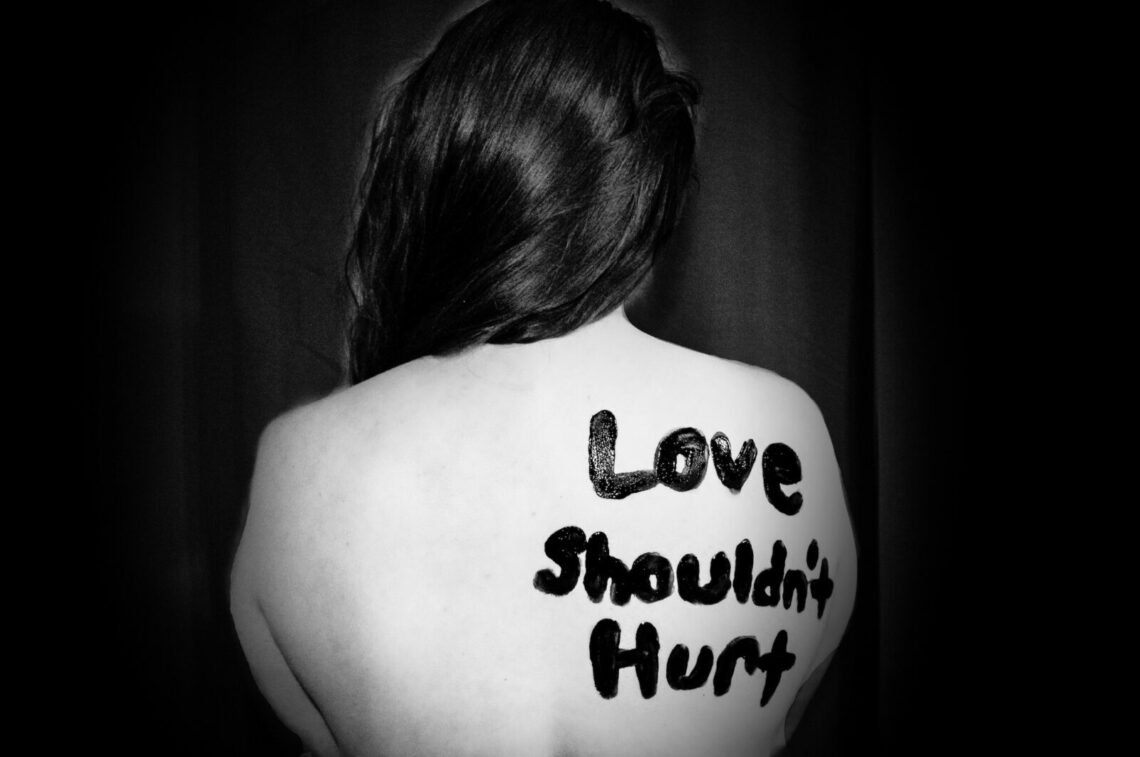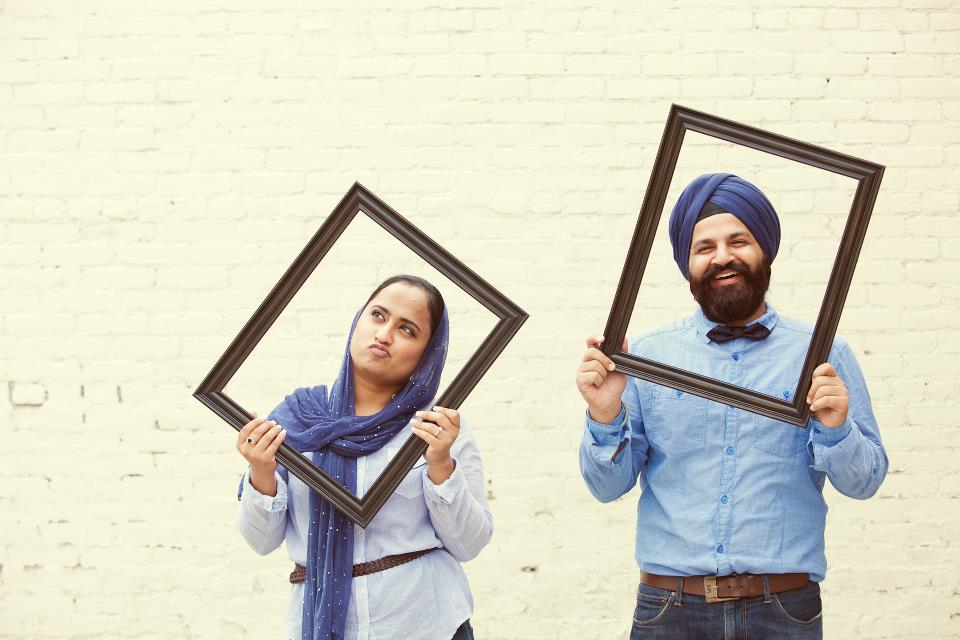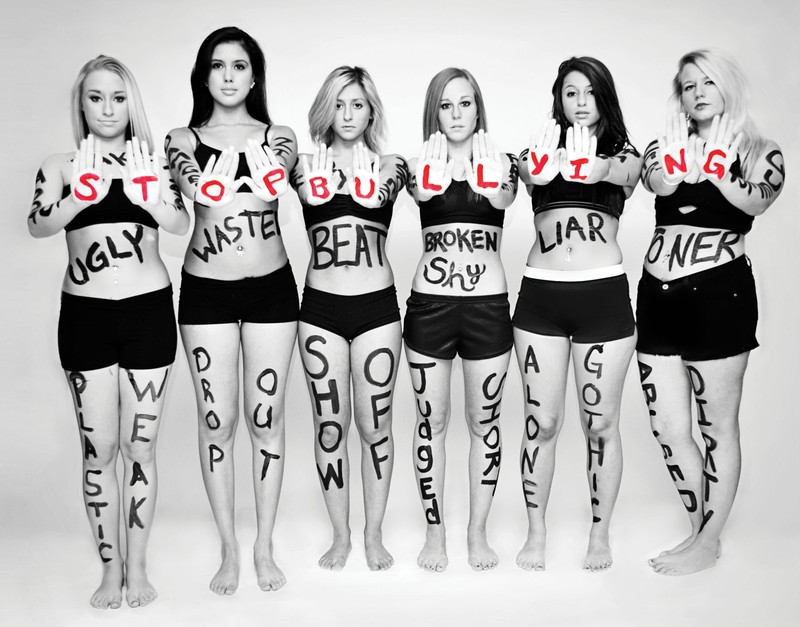By Dhaya Kaur
Growing up I’ve always had a set idea of what I believed domestic violence to involve for someone from the Punjabi community. I had always had a clear image in my mind of a what I thought was a “typical scenario”: A husband who’s lost his temper and decided words aren’t enough to make his views clear. This male has probably always had a bad temper which his wife has adjusted to. He may even have a drinking problem…no, he is very likely to have a drinking problem but has been in denial about his alcoholism. His children are young which is one of the biggest hurdles for his wife to leave him, as she doesn’t want to let them down.
Expanding the Definition of Abuse
It’s taken years for me to understand the nuances of of domestic abuse and intimate partner violence, for my understanding to truly reflect what victims and survivors go through, which includes a whole lot more than a violent drunk man.
Before the learning process, I did not consider how the face of a perpetrator is unpredictable. My thoughts would not extend to how this person could be male or female, young or old, of any faith, or even how strictly they follow their faith. It’s easy to paint a picture of who we think would hurt others, and even harder to accept that often they are the ones who come across as the most desirable partners, or upstanding members of society. It also wasn’t obvious to me that the type of relationship a victim or survivor and perpetrator were in could be so varied. Whether that be a heterosexual or same sex relationship, married or not married, or even between family members. My narrow perspective placed abusers in a clear tick-box category, and to worsen this I had a very restricted understanding of what abuse victims or survivors suffered.
I think a lot of my narrow-understanding of domestic abuse was shaped by discussions I’d heard between family and family friends as a child. I’d only ever heard of people experiencing physical abuse, because the name calling and verbal insults were never really highlighted as an infliction of harm in itself. These parts of the story were brushed over or not really discussed in detail. As stories of abuse were relayed, hearing of physical injuries broke the hearts of every listener, and rightly so but, people were lacking sympathy for the pain of unseen abuse.
Different Types of Abuse
Relationships do not require the use of physical force for them to be classed as abusive or recognised as a crime. It is now clear to me that there are forms of abuse hidden from view, which cause harm as equally severe as physical injuries. Abuse that picks away at the very being of individuals, to the extent that they no longer carry a sense of “self”. Individuals being subjected to a perpetrator’s control, which dictates their everyday decisions and biggest life choices. And it is from being denied the ability to make such choices that the most important right afforded to humans is taken away- the right to liberty. The more and more I have learnt of domestic abuse, I have seen that all forms reduce to this one thing – the perpetrator yearns for-control. Whether that be physically dominating a person through punches, emotionally insulting them to control their confidence and independence, or using sexual abuse to remove their rights to protect their own body. The examples go on, and it’s all of these acts that accumulate to cause life-long psychological harm, as well as immediate harm to victims and survivors. The significance of any incident, whether that be a single incident or part of long-term abuse (and regardless of what type of abuse), cannot be downplayed.
Supporting Survivors
It’s most often the smaller things we witness that ring alarm bells, but because we have not seen the bigger picture, we dismiss it from our minds. The times when we see a victim or surviro receive excessive calls or messages, see them changing the way they dress or reducing their contact with loved ones… these are all the red flags that we have a responsibility to recognise and question if we feel things aren’t right. It could be that one conversation with someone which changes their life, by giving them the courage to speak out. And if not at that time, it could take them one step closer to speaking out in the future by knowing that others care and will listen.
Not Just a Punjabi Issue
To this day I have not heard discussions around domestic abuse at Gurdwara. So naturally, growing up I dismissed this as being an issue within our community. I (wrongly) thought, “Domestic abuse must not happen in Sikh families”. Sure, I heard of Punjabis who’d been subject to these awful experiences, but how this affected Sikhs in particular or the role of Sikhi in preventing and addressing domestic abuse never really crossed my mind. It is only through life experience and studying in this field that I have learnt this crime is not confined to the generalised Punjabi community, but also extends to those who identify as Sikh, including Amritdharis.
I have known of Amritdhari Kaurs, sisters, who have fallen subject to this crime both in and out of marriage. Some have faced physical abuse from a partner in full Banaa Sikhi Saroop, some have been emotionally and physically abused by their partner for their appearance (including their facial khes which Guru Ji has gifted them with). Some have been told their personality is lacking. Some have faced sexual abuse and coercion from a partner wearing a dastar, our Guru’s crown.
I know that these are only a few stories of what our fellow sisters and brothers have gone through. The more this is openly discussed about in our community, the more victims and survivors will know that they are not alone and that there is a whole sea of people there to support them, the Sadh Sangat.
Levering Sikhi
Guru Ji has highlighted that respect and love that should be the foundation of every relationship. In Their order of the 52 Hukams (Divine Commands), Guru Gobind Singh Ji states in the 16th Hukam “Istri da mooh nahi fitkaarnaa – Do not subject your wife to cursing or verbal abuse”. For Guru Ji to have highlighted the importance of this, something which often is considered trivial or normal, and to have ranked this so high up in all of the 52 Hukams, shows just how dire this and other acts of abuse are in the eyes of the Guru. It reinforces the duty we have as individuals to respect others, and our duty as Sikhs to protect and stand up for those who cannot themselves;
This is echoed in Bhai Nanad Laal Ji’s Rehatnama (Code of Conduct). Bhai Nanad Laal Ji was a poet in Guru Gobind Singh Ji’s court. “Khalak khaalik kee jaan kai khalak dhukhaavai naahi khalak dukhai jo na(n)dh jee khaalik kopai thaahi – Recognising the world as the Creator’s – They do not hurt another soul. Those who give pain to the creation will receive pain from the Creator”.
Just as our ancestors fought against abuse and injustices, we continue to hold the responsibility from our Guru to fight for the rights of others. Again this is clearly outlined in the Rehatnama by Bhai Nand Laal Ji according to the Divine Hukam of Guru Ji;
“Khalsa soe dushat ko gaalai – They alone are Khalsa who destroy all the evil forces in this world” . Our failure to do this permits abusers to carry on, leading to continued suffering and increased risks of murder and suicide. These are the reasons why we need to act, these are the reasons we care.
Taking Action
It is time that we recognise this crime does not discriminate, and that the more we brush it off as “not a Sikh issue” within our community, the more harm we’re causing to those suffering. We need to ensure an environment where survivors know that they will not be judged, that it does not matter how or why they are in the situation that they are in. That their abuse will not be considered insignificant compared to others’ experiences, and that they will not be treated or thought of differently because they do not fit our pre-conditioned ideas of a survivor.
Individually, we can drive this change by educating ourselves and others on domestic abuse, to recognise it when it occurs and know how to offer our support. We can challenge misconceptions we hear to eliminate stereotypes, and allow survivors to feel encouraged to seek help. As a collective we can instigate discussions and seminars in our local communities and Gurdwaras, to raise awareness and acknowledgement of this crime. We can highlight support networks available to victims through such discussions, and through the distribution of leaflets and posters at Gurdwaras or other local facilities. These are vital steps that with Guru Sahib’s Kirpa (blessing) will draw the Panth and society closer to eliminating this crime. Let’s start the conversation, let’s ignite the change.
Kaur Life is not a licensed or accredited domestic violence or mental health resource. If you need support, please seek professional help. Here are a few resources:





2 Comments
Jas
04/05/2021 at 2:22 pmdomestic violence is rampant in punjabi esp. sikh families
jenzxc5123gmail.com
02/23/2024 at 4:40 pmWell observed and well said!